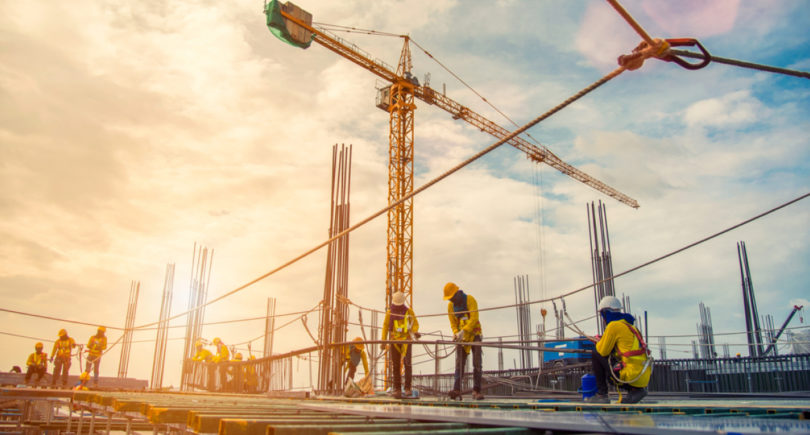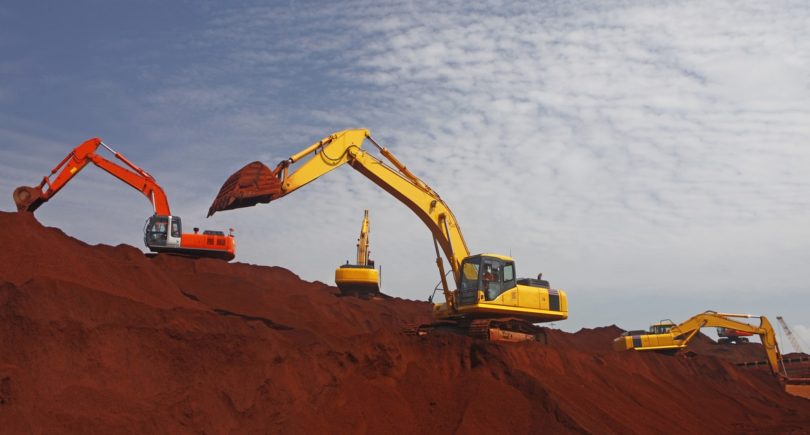
News Global Market EUROFER 1025 19 December 2022
The EU agreed on the reform of the ETS and the gradual abolition of free quotas for carbon emissions
The Association of European Steel Producers (EUROFER) is calling for a concrete solution to steel exports within the Emissions Trading System (ETS). It is stated in a statement on the organization’s website.
The other day, the EU institutions agreed to revise the ETS after the previous agreement on CBAM. The agreement provides that emissions (in particular, emissions of CO2 ) in sectors covered by the ETS should be reduced by 62% by 2030 compared to 2005. One of the provisions of the agreement is the gradual cancellation of free quotas for greenhouse gas emissions for energy-intensive industries, in particular for the production of steel and aluminum, over nine years – from 2026 to 2034.
The association notes that although the revision of the ETS provides some stronger incentives for the introduction of new technologies to decarbonize the industry, the pre-determined scheme of phasing out the free allocation of emission allowances carries the risk of losing some €45 billion worth of steel exports from the EU.
The directive contains general framework rules, and much work remains to be done to implement them and align them with CBAM action. EUROFER is concerned about the lack of a concrete solution regarding the regulation of carbon emissions in relation to export markets.
“If no concrete solution is found by 2026, €45 billion steel exports are at existential threat, due to the exponentially increasing carbon price in the EU that has no equivalent in the domestic markets of our major trading partners. It is essential that EU institutions revert to this issue as soon as possible,” noted Axel Eggert, CEO of EUROFER.
Maintaining the competitiveness of EU industry in both domestic and export markets, implementing urgent measures to stimulate investment in clean technologies, and the availability of electricity and hydrogen will be crucial to prevent deindustrialization, according to EUROFER.
As the association noted, the European steel sector has launched an unprecedented number of projects to reduce its emissions by 55% by 2030 and become carbon neutral by 2050. The industry is keen to play its part in successful decarbonisation, but the enabling financial, energy and regulatory environment needs to be put in place as soon as possible. This becomes even more urgent against the background of the energy crisis in the EU and measures to promote its industry in third countries, in particular in the USA.
Capital investment in new technologies only makes sense if CO2-low energy, such as electricity and hydrogen, are being supplied in sufficient volumes, and made available at affordable costs. However, neither condition is currently in place, and this situation makes investment extremely risky. The EU and its Member States urgently need to secure the relevant energy infrastructure and supply to our industry,” said Axel Eggert.
As GMK Center reported earlier, the Association of European Steel Producers called on EU politicians to find a solution for export under the CBAM action. European industry is becoming increasingly vulnerable to high carbon permit costs in the period up to 2030, and this could lead to catastrophic consequences. Therefore, the green transition must be accompanied by investments in decarbonization.




